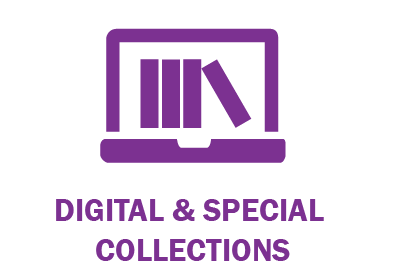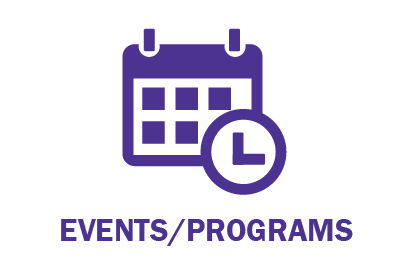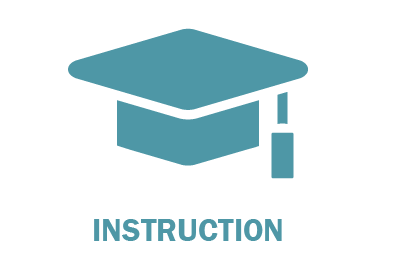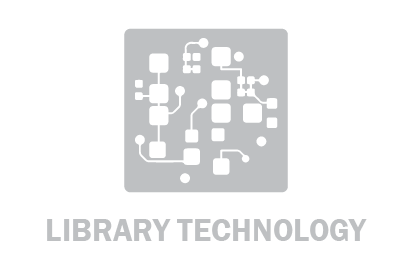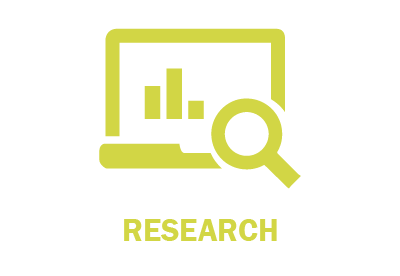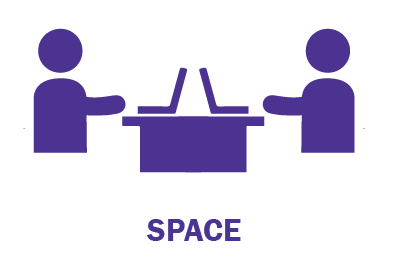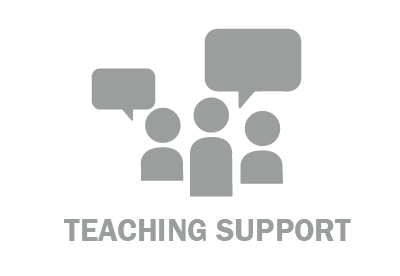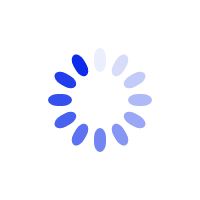Project Outcome for Academic Libraries 2025 Report
ACRL is pleased to announce the publication of the fiscal year 2025 report for the Project Outcome for Academic Libraries toolkit. Data in this report includes all immediate and follow-up surveys and responses from institutions in the United States and covers the period September 1, 2024 – August 31, 2025. Download a free copy of the full report today!
Project Outcome 101 Webinar
Are you interested in measuring learning outcomes to drive change, make data-informed decisions, and demonstrate the impact of programs and services at your library? This one-hour webinar on will introduce you to everything the Project Outcome for Academic Libraries toolkit has to offer. Learn how to measure meaningful learning outcomes at your library and how Project Outcome can help at every step in the process, from administering surveys to presenting the results. View the recording today!


